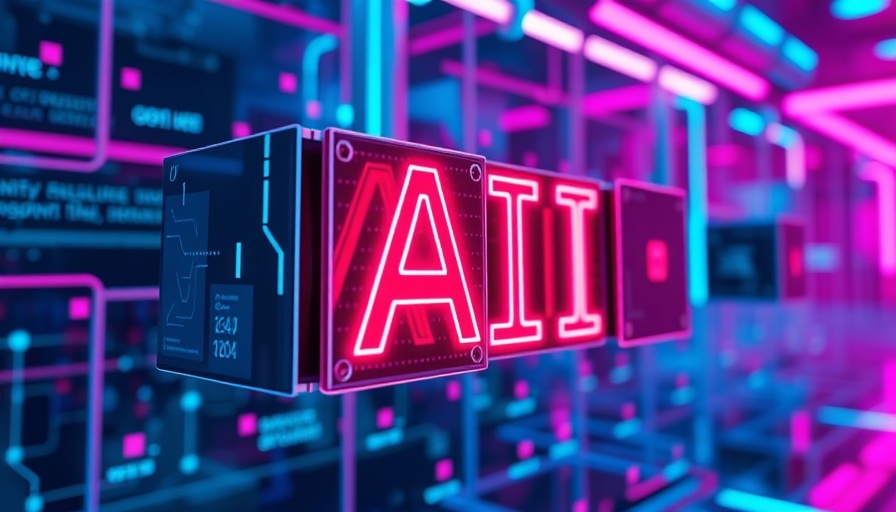
India Enters the AI Spotlight
In a remarkable turn of events, India has now positioned itself as a critical player in the global race for artificial intelligence (AI) supremacy. With OpenAI setting up its first office in New Delhi, the country's role in the AI landscape is evolving from a passive participant to a battleground where tech giants are vying for dominance. As OpenAI’s co-founder, Sam Altman, puts it, the excitement around AI in India is palpable, fueled by a dynamic developer community and innovative policy frameworks supporting the AI Mission.
The Competitive Landscape for AI
This recent move by OpenAI is significant for several reasons. Firstly, it highlights the intensifying competition among top tech firms like Google and Microsoft. As these companies race to deliver cutting-edge AI services, consumers can expect a dramatic reduction in prices, benefitting users with more affordable and accessible technology. This development raises intriguing questions about how local Indian startups will respond and adapt to this rapidly evolving landscape.
OpenAI's Strategic Positioning in India
OpenAI's commitment to India is evident in its localized offerings like ChatGPT Go, a product designed specifically for Indian consumers, priced at an approachable ₹399 per month. Integrating features such as UPI for payments reflects an understanding of local preferences, making advanced AI tools more accessible and appealing to students—the largest user base for ChatGPT in the country. With weekly active users quadrupling over the past year, India has clearly become a hotbed for AI innovations.
The Role of AI in Transforming Education
The educational landscape in India stands to benefit immensely from the proliferation of AI technologies. As AI tools like ChatGPT become commonplace, students can harness them for personalized learning experiences. This not only enhances understanding but also encourages critical thinking and creativity. The implications for educational equity are profound, as resources previously restricted to elite institutions are now available to a broader audience.
Broader Implications for Local Startups
While the entry of tech giants signals exciting times for consumers, it also presents challenges for local AI startups. These smaller entities must navigate an increasingly competitive atmosphere with fewer resources than their multinational counterparts. However, this competition could also motivate innovation; as local startups strive to demonstrate their unique value propositions, they may discover new niches or innovative approaches to solving relevant problems.
The Future of AI in India
As we look ahead, the question emerges: how will India's position in the global AI ecosystem shape the future of technology? With strong governmental support and a robust talent pool, India is well-equipped to lead in AI developments. Additionally, the country's active user base not only towards enhanced technological engagement but also contributes to a rich feedback loop, driving continuous refinement of AI solutions.
Conclusion: Embracing the AI Revolution
The momentum building around AI in India presents both immense opportunities and significant challenges. As consumers, developers, and policymakers engage in this transformative journey, the implications for society at large are profound. The future holds promise, with the potential for enhanced education, innovative business models, and unprecedented levels of creativity and productivity.
As consumers and creators, we must remain vigilant and engaged, understanding that our collective input will shape the AI narrative in India. While the competition heats up, there lies an exciting chance to redefine not only industry standards but also societal norms.
 Add Row
Add Row  Add
Add 




Write A Comment